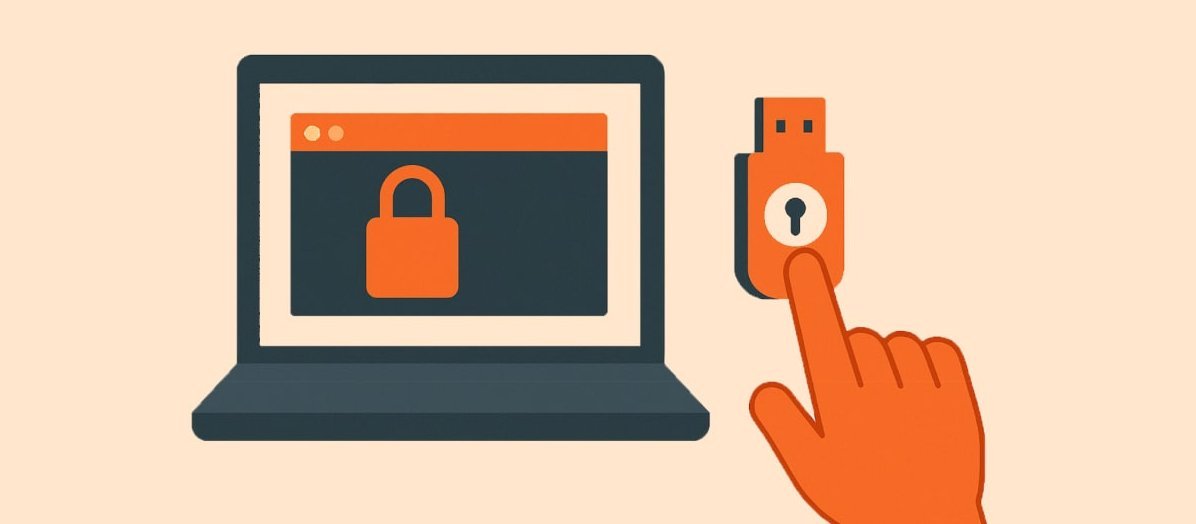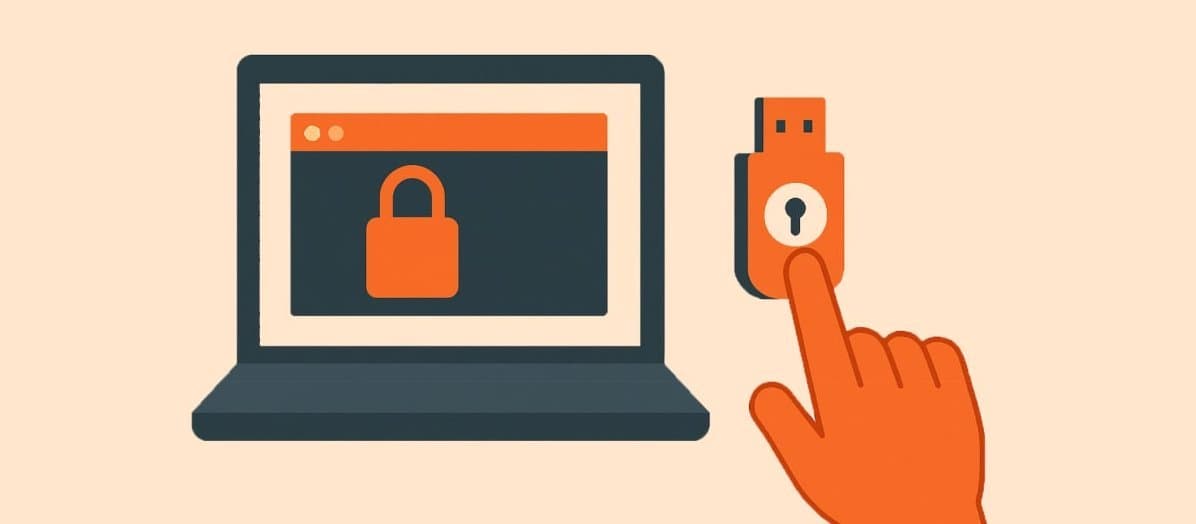As threat actors increasingly target developers' SSH keys for infrastructure attacks, touch-verified authentication has evolved from theoretical protection to operational necessity. This deep dive explores how hardware-backed solutions like FIDO2 keys and Apple's Secure Enclave create an immutable security layer against credential theft.

Every login, every git push, every server connection—each represents a potential attack vector when relying on traditional SSH keys. Twenty years ago, malware threats were largely indiscriminate. Today, as Ubicloud's technical team details, sophisticated attackers specifically target developers and infrastructure engineers, turning SSH credentials into high-value assets for ransomware and cryptocurrency theft. The stakes have changed, but default operating system security hasn't kept pace.
The Fatal Flaws in Legacy SSH Security
Traditional SSH key management suffers from two critical vulnerabilities:
- Passphrase Decryption at Rest: Once a user decrypts their private key (often during system login), it resides in memory indefinitely, vulnerable to memory-scraping malware.
- Agent Forwarding Risks: While convenient for hopping between servers, forwarded credentials become accessible to compromised intermediate systems.
"This model dates back to SSH's 1995 'freeware' era," notes the Ubicloud engineer, "when targeted attacks against developers were theoretical rather than commonplace."
Hardware-Backed Solutions: Two Paths to Touch Verification
For macOS Users: Secretive + Secure Enclave
Apple's T2/M-series chips include a Secure Enclave—a physically isolated co-processor. While macOS lacks native SSH integration, the open-source Secretive app bridges this gap:
- Generates and stores keys within the Secure Enclave
- Requires Touch ID verification for each cryptographic operation
- Provides visual confirmation of key usage, exposing anomalous activity
Universal Protection: FIDO2 Security Keys
For $10-$60, USB-based FIDO2 keys like YubiKey Nano provide cross-platform security:
ssh-keygen -t ed25519-sk -O verify-required
This generates a hardware-bound key pair where:
- The "private key" file is actually a key handle, useless without physical hardware
- Authentication requires cryptographic proof from the device + physical touch
Operational Best Practices
- Key Management: Maintain an
authorized_keysGit repo with structured entries:[email protected] AAAA... comment: user_email+device_serial - YubiKey Optimization: Disable accidental OTP output with
ykman config usb --disable OTP - Environment Separation: Use touch-verified keys exclusively for production systems, maintaining standard keys for development
Why This Matters Now
Attackers don't just want your data—they want your access. A compromised SSH key grants entry to critical infrastructure, CI/CD pipelines, and code repositories. As the Ubicloud team emphasizes, touch verification provides:
- Phishing Resistance: Physical interaction prevents silent credential theft
- Tamper Evidence: Unexpected touch requests signal potential compromise
- Ethical Imperative: For those with commit access to critical projects, this is baseline due diligence
While ambitious projects like Qubes OS offer radical isolation, touch verification delivers immediate, practical protection against today's most prevalent threats. That flashing USB key isn't just hardware—it's a deadbolt against the modern attack landscape.
Source: Ubicloud Blog

Comments
Please log in or register to join the discussion